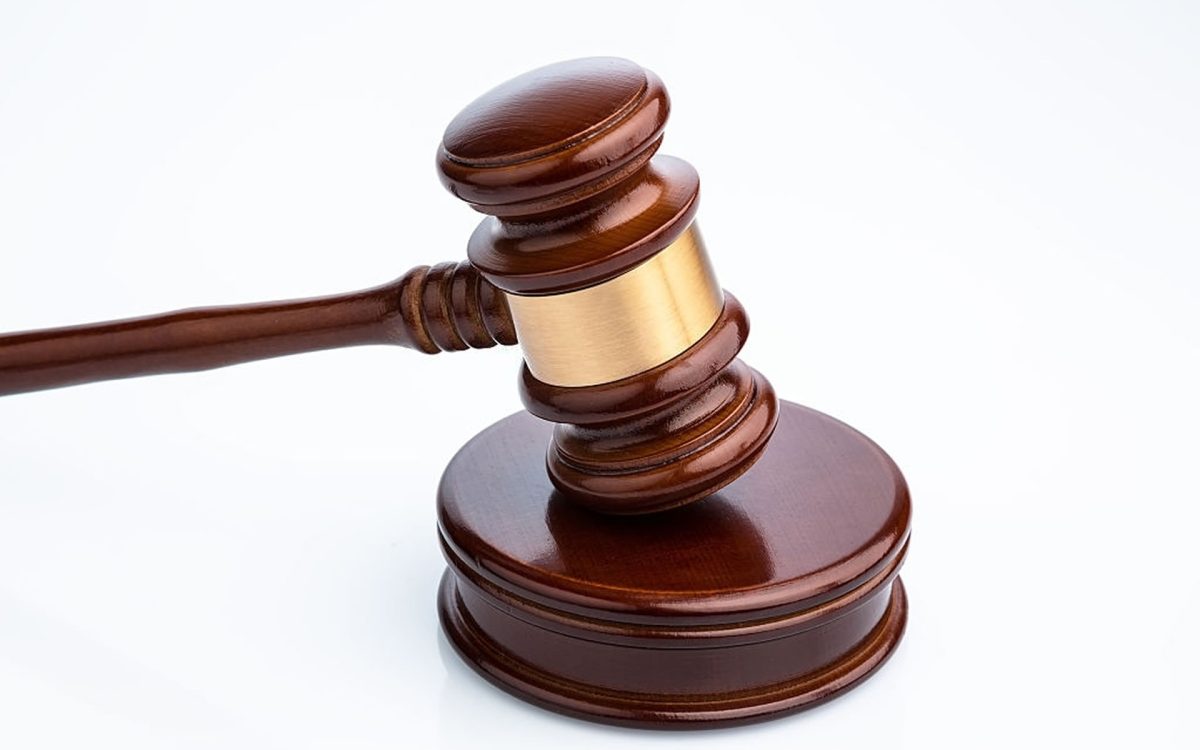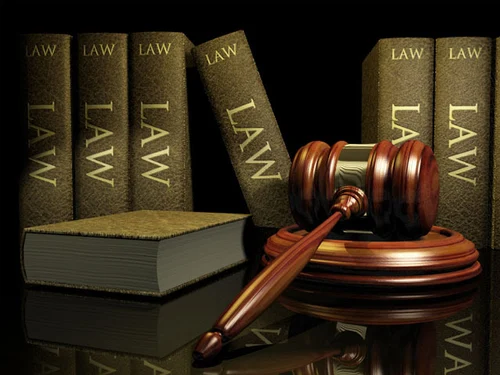Estate planning usually involves preparing either a Will or setting up a trust or both. In principle Wills and Trusts (in the context of estate planning and management) serve the same purpose which is the distribution and management of your assets after your demise. A will is a legal document that declares one’s wishes regarding the distribution and management of their assets in the event of death. With a trust, your beneficiaries benefit from your property but they do not hold the legal title to that property. If you have a legitimate fear of Will writing, you can create a trust as an alternative vehicle for securing your wealth for the benefit of your loved ones.
There are differences in how wills and trusts operate and one should carefully consider their unique circumstances before choosing which one to use to meet their estate planning goals.
In this article, we explore whether a will or a trust could be more beneficial to you based on your circumstances.
1. The simplicity of your estate
If your estate is relatively small and not so complex, it is better to draw up a will to direct how your assets shall be managed and distributed upon your demise. A bigger estate is more complex and might be best managed in a trust. However, small and simple estates can take advantage of the advantages of trusts especially if there is a need for assets to remain in the family for generations.
2. When Privacy is of utmost importance
When privacy matters to you, you might prefer to opt for setting up a trust. A will has to go through probate process in courts of law to confirm its validity in which case it may become a public document. On the other hand, a trust deeds and related document need not be subjected to any court process hence avoiding access and scrutiny by the public as this information is available to a few selected confidants (trustees).
3. When you want continuity across generations
When you want better control of how assets are to be passed down to future generations, a trust is the most suitable option. A trust can take the form of a legal entity with perpetual succession which would facilitate passing down wealth to generations. On the other hand, a will appoints executors to carry out the wishes of the will only to the extent of the provisions of the will. For example, if you wish to preserve an ancestral home for generations to come, it is more suitable to set up a trust to achieve this. You will not have this level of control in a Will because assets bequeathed in a Will become the possession of the beneficiary and can be used in any way that they see fit which may include selling the assets.
4. When you have minors/dependants that need to be taken care of
When you bequeath property to minors, a trust is the most appropriate estate planning vehicle because it will help to ensure that the property is managed by trustees on behalf of the minors until they can manage it on their own. Also, in case you have beneficiaries with disabilities, a trust will be more beneficial to them as it will ensure that the continuity of financial provision and other support even after your demise.
5. When you want to appoint a guardian for your minor dependents
When you have dependents who are minors, a will allows you to name a trusted legal guardian for your minor dependents. A trust allows one appoint trustees to manage any assets for the benefit of the minors. The trustees of a trust are however not automatically the legal guardians of the minors.
Despite the above differences, an estate plan can comprise of both a will and a trust. While a Will focuses mostly on asset distribution, a trust focuses on asset management and ensures continuity of legacies that might not be guaranteed by a Will. Whether one uses a trust or a will for their estate planning depends on their unique circumstances and requires the expert advice of professionals to make the most appropriate decision.
To get more details on whether to use a Will or a Trust for your estate planning, contact us on info@greenthos.com
Disclaimer: This blog post is for informational purposes only and does not constitute financial or legal advice. Always consult with a qualified professional for personalized guidance.













